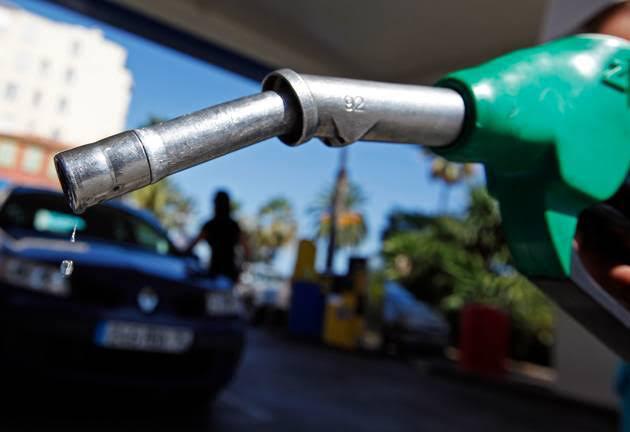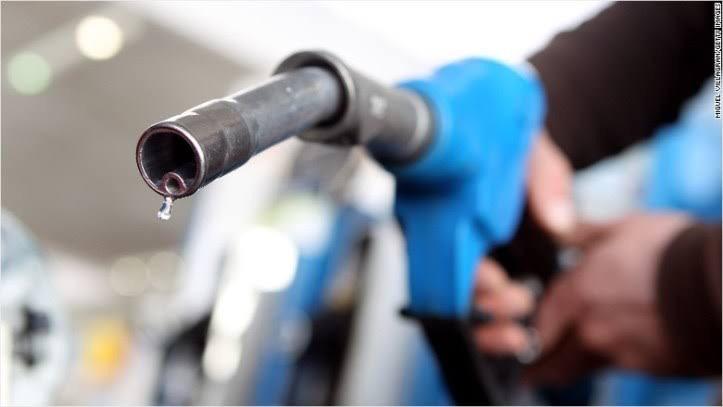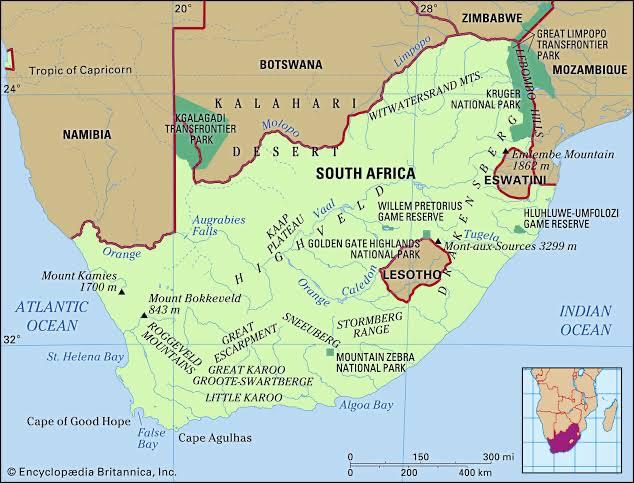The Ministry of Mines and Energy, Namibia has announced that fuel pump prices for November 2020 will remain unchanged nationwide. A statement from the Ministry said that upon minimal under and over-recoveries recorded in the fuel retail industry, the Ministry will try to ease the burden on consumers and keep the fuel price-stable to ensure the sustainability of the National Energy Fund.
A spokesperson of the ministry, Andreas Simon said several factors influence local pump prices, but the latest decision is based on international prices of refined petroleum products, the exchange rate between the Namibian Dollar against the US Dollar, and the cost of shipping petroleum products from the foreign markets to Namibia’s shores.
In October, international prices for refined petrol and diesel remained stable and refined petrol decreased from an average of $47.21 in September to an average of $46.75 in October and diesel decreased from an average of $42.70 in September to an average of $43.83.
The exchange rate between the Namibian Dollar against the US Dollar remained stable with a slight strengthening from an average of N$16.71 in September to an average of N$16.55 in October.
The exchange rate shows that pump prices were lower than the import price, and an over-recovery indicated that the pump price was higher than the import price. The spokesperson said that objective of the monthly fuel prices review exercise is to ensure that fuel pump prices are at all times reflective of the import price and to do so in an orderly manner.
The statement read, “This partly contributed to the reduction in the under-recovery recorded on petrol, from -9.264 c/l, last month to -1 .270 c/l this month. In addition, the diesel pump prices were reduced in October by 40 c/l while petrol prices remained unchanged. Consequently, the previous reduction in diesel pump prices caused an over-recovery, from 60.697 c/l in September to 1 1 .464 c/l in October 2020.”
“In a normal circumstance, when an under-recovery occurs, it is passed onto the consumer or alternatively, it is financed from the National Energy Fund (NEF), in-order-to subsidise the consumer.”


